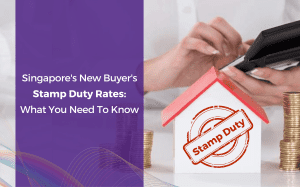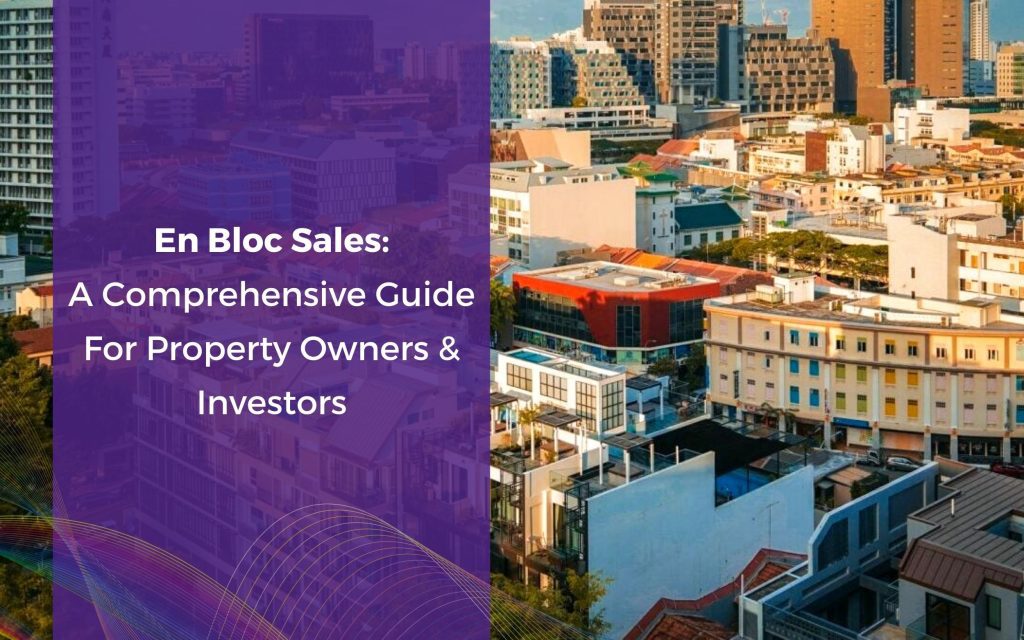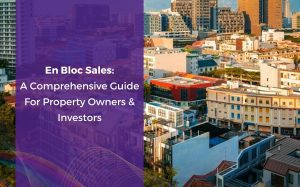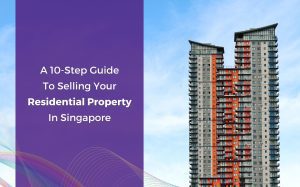
Singapore’s New Buyer’s Stamp Duty Rates: What You Need to Know
To increase the progressivity of the Buyer 8217 s Stamp

The en bloc sales market in Singapore saw a resurgence in the second half of 2021, following a period of decline. However, the government’s new property cooling measures in December of that year put a damper on developers’ prospects, once again slowing down the market.
As of July 2022, despite the Singaporean Government’s increase of the ABSD rate to 35% for entities and an additional 5% non-remittable ABSD for developers, there have been 12 successful en bloc sales valued at $3.5 billion, including Chuan Park condo, whose owners accepted a lower offer of $890 million made by Kingsford Development and MCC Land during the private treaty period in July after the tender had closed in April. This offer was 5.11% below the reserve price of $938 million.
We are proud to have partnered in this historic transaction as we proudly represent Chuan Park Condominium/ the developers in one of the biggest En bloc sales of 2022, which sets a new standard for en bloc sales in Singapore. The transaction is a real estate game changer in Singapore and is considered significant, as it comes at a time when en bloc sales were losing their charm.
We are honoured to have played a critical role in the successful sale, which involved navigating complex legal issues and negotiating on behalf of our clients to secure the best possible outcome.
Let’s delve deeper into the reasoning behind the fascination with en bloc sales among Singaporeans and understand this phenomenon better.
En bloc sales have become a buzzword in Singapore’s property market over the last few years. The term “en bloc” is derived from the French language meaning ‘collective’ and an “en bloc sale” literally refers to a sales process where residential property owners collectively agree to sell their homes, usually to a property developer or the government, as a single transaction.
The process can take up to two years. Every unit in the condominium and the land are sold in an en bloc sale.
The en bloc committee typically sets a reserve price higher than the current market price, and the buyer will try to match the reserve price or negotiate with the en bloc committee.
The en bloc sale is confirmed when the en bloc committee obtains a consensus to sell from the owners.
The En Bloc Sales Process officially starts with forming of the Collective Sales Committee (CSC). A minimum of 20% of the share values or owners, comprising 25% of the total number of subsidiary proprietors’ votes, is required to form the CSC.
If a development has previously failed in an En Bloc sales attempt, the owners will incur a two-year restriction period. During this period, the En Bloc sales process will need to achieve a higher threshold of 50% of the share values or 50% of the subsidiary proprietors’ votes for the first retry, and 80% of the share values and subsidiary proprietors’ votes for the second retry before calling for an Extraordinary General Meeting (EOGM).
The EOGM is a meeting that is held to vote on the proposed sale of the development. If the required threshold is met, the sale will proceed, and the proceeds will be distributed among the owners in proportion to their share values.
En bloc sales are often seen as a positive form of development and progress for Singapore as they allow for the efficient use of limited land resources. As land is scarce and expensive in Singapore, it is logical that older developments may need demolishing to make way for new ones.
En bloc sales can benefit residents in several ways.
Firstly, they can receive a significant financial windfall from selling their property. Developers may offer high prices to persuade residents to sell their units, resulting in up to 100% profits for some owners.
Additionally, en bloc sales allow residents to upgrade to newer and better homes. As new developments often offer modern amenities and facilities, residents can enjoy a better quality of life in their new homes.
Furthermore, en bloc sales can also benefit residents by enhancing the value of their properties. As new developments are often built in prime locations, this can also increase the value of nearby properties.
Overall, while en bloc sales may result in the displacement of residents, they can also offer significant financial and lifestyle benefits for those involved.
Developers seeking to purchase older properties to replace them with more profitable homes often pursue en bloc sales. These new developments are often taller, have more units and better facilities, and can command higher prices in the market.
For potential buyers, investing in properties with criteria such as fewer units per block, older age, high plot value and strategic location may increase the chances of the property being en bloc material. However, it is still a gamble, as there is no guarantee that the property will undergo the process soon, especially with the government’s current cooling measures to promote more affordable homes.
In conclusion, en bloc sales have become an increasingly popular option for property owners in Singapore seeking to maximize their property’s value. It provides a potential windfall for homeowners, developers, and even the government.
However, it is still a gamble, as there is no guarantee that the property will undergo the process soon, especially with the government’s current cooling measures to promote more affordable homes.
Also, the process can be complex and involve various legal and regulatory requirements. Property owners must weigh the pros and cons of an en bloc sale carefully and seek professional advice before deciding.
Overall, en bloc sales remain a viable option for unlocking the value of ageing properties and rejuvenating the urban landscape of Singapore.

To increase the progressivity of the Buyer 8217 s Stamp

Aligning with the objectives of Property Cooling Measures introduced by

Selling your residential property is one of the most significant